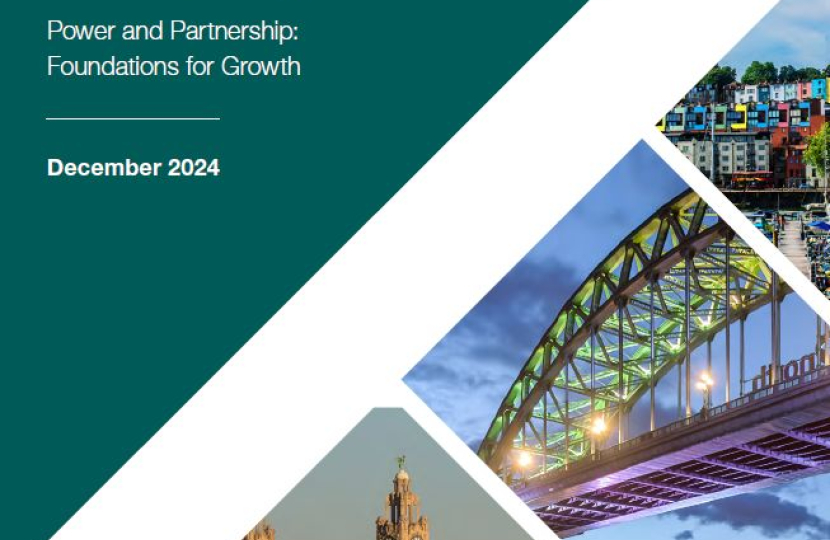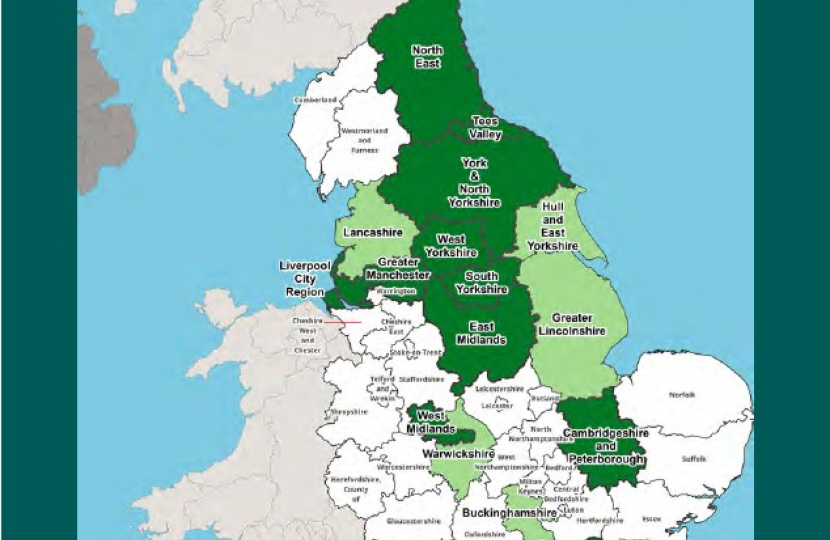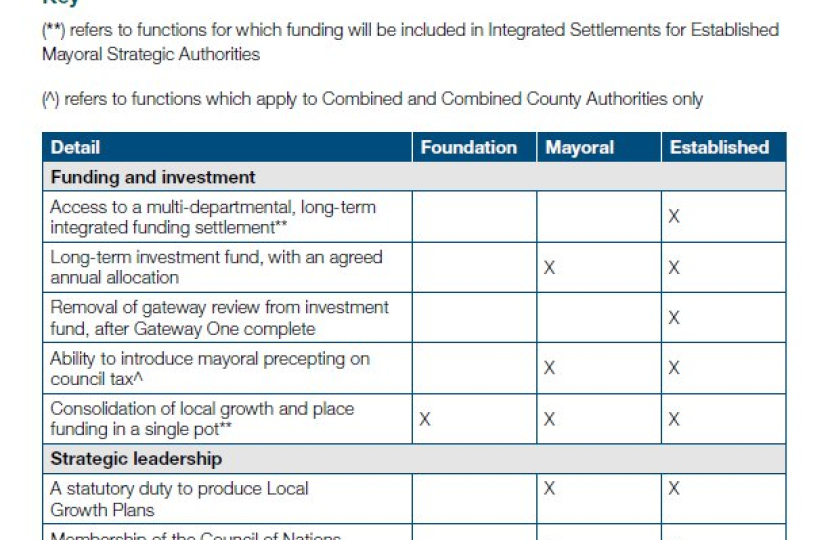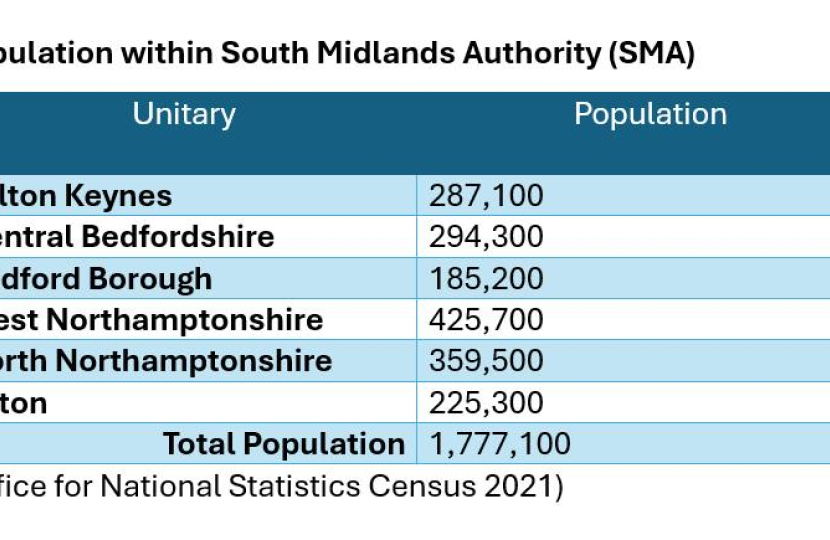The UK government is rolling out devolution across the country. This involves creating new Strategic Mayoral Authorities (SMAs) to tackle big issues like transport, housing, and economic growth. These authorities will be led by elected mayors, who will have the power to secure more funding and make faster decisions for their regions. Fire and Policing may also sit with Mayors.
SMAs are designed to operate at a large scale, often covering areas with populations of 1.5 million or more. However, smaller authorities may also be created where necessary.
Devolution isn’t a new idea. London, Manchester, and the West Midlands already have elected mayors with varying levels of power. For example, Manchester’s mayor manages local healthcare, ensuring accountability in ways that didn’t exist before. Mayors often also oversee areas like planning and transport.
The Labour government has said it may use ministerial directives to force the creation of SMAs where local leaders fail to agree. This means Labour’s plans for local government reorganisation and aligning public service boundaries could move forward even without local support. While devolution aims to bring decision-making closer to home, this approach risks undermining its very principles, and it makes me uncomfortable.
But doing nothing is not an option. Doing nothing in fact, brings a much greater chance that we will be done unto. And so, we will need to look at what works for us.
What is Devolution?
Devolution means transferring powers from central government to local or regional authorities. Instead of a "one-size-fits-all" approach from Westminster, devolution lets mayoral-led authorities make decisions about areas like housing, transport, education, and healthcare.
The idea is simple: local leaders are better placed to understand and address the challenges and opportunities in their communities than people in Westminster.
For example, the East Midlands Mayoral Combined County Authority secured £38 million per year for 30 years. These funds were used for projects like clean energy initiatives, regenerating Derby City, and improving highways infrastructure.
Where would Milton Keynes sit?
Milton Keynes is growing rapidly, which brings both opportunities and challenges. Issues like affordable housing, sustainable transport, education, and infrastructure need local solutions that reflect the city’s unique needs. Devolution offers the chance to address these challenges more effectively.
Historically, Milton Keynes has worked closely with nearby councils, including Bedford, Central Bedfordshire, Luton, West and North Northamptonshire councils. These partnerships including as board members of SEMLEP from 2011-2024, members of the Central Area Growth Board from 2018-24 until it was replaced by the South Midlands Authorities board have delivered real benefits, such as the South Midlands Growth Hub, which supported over 700 businesses, provided mentoring, and created nearly 200 jobs through grant schemes.
The proposed SMA, with an elected mayor, could build on these successes and give residents a direct say in their leadership. Here’s the population breakdown for the proposed South Midlands Authority (SMA): See image for population figures and map.
But, with the Government clearly pushing for a democratically ‘elected’ Mayor (and not an appointed one) within devolved authorities, giving residents the democratic power to choose their leader, Cllr Marland’s position has now changed, and he has decided that the relationship with West and North Northampton will not be viable. This is very much political game-playing because the two Northamptonshire councils are Conservative-led. And he has a better chance of becoming the mayor if it remained between BLMK.
Another thing to remember is that the Mayor will also have the power to introduce mayoral precept over and above council tax increases. Currently, we have Labour Mayors in London and Manchester who have introduced this, and when Andy Street (Conservative) was Mayor of West Midlands, he refused to introduce it and refused to tax residents more, as did Conservative Mayor Ben Houchen up in Tees Valley.
What’s happening now?
On January 8th, Labour-led council in Milton Keynes and Labour-led council in Luton decided they would only collaborate with Bedford and Central Bedfordshire. This move excludes the Northamptonshire councils, jeopardising long-standing partnerships and millions of pounds worth of future investment that could have come into the region.
Key dates to watch:
• 10th January 2025: Deadline to submit the Expression of Interest to join the government’s priority programme.
• January – March 2025: Consultation process and government review.
• May 2025: Capacity funding begins (12 months before mayoral elections).
• August – September 2025: Final agreement reached.
• By September 2025: Full Council Meeting to agree on mayoral elections for May 2026.
• May 2026: Mayoral elections held.
This timeline highlights how quickly decisions are being made, often without full debate or input from local councils.
How will it be implemented?
Whilst a framework outlining what powers these authorities will hold, has been shared, how it will be implemented, we don’t know.
Questions around key services, such as the future of Fire and Police, remain unanswered. There is a fog around all of that, but those decisions will be made along the way (we hope) and hopefully, we will get all of that information in greater detail.
Your Voice Matters
Devolution is about bringing power closer to home and giving you a say in shaping the future of where you live. As your elected representatives, we are here to ensure your voice is heard and your needs are prioritised.
While this process may feel rushed, we must engage to secure the best deal for Milton Keynes. Devolution isn’t about Labour’s political ambitions; it’s about delivering real benefits for residents. We need a plan that works for everyone, not a rushed proposal driven by party politics. Milton Keynes residents deserve better, and they should be prioritised above political ambitions.
As residents, your input is crucial, so please share your thoughts and join the conversation about our city’s future when the consultation opens. If I get any further updates, my fellow councillors and I will share them with you all on all communications platforms. And if you want more information, do reach out to us, and all our councillors will be more than happy to help answer any questions and signpost you.
Conservative Group Leader, Milton Keynes City Council





